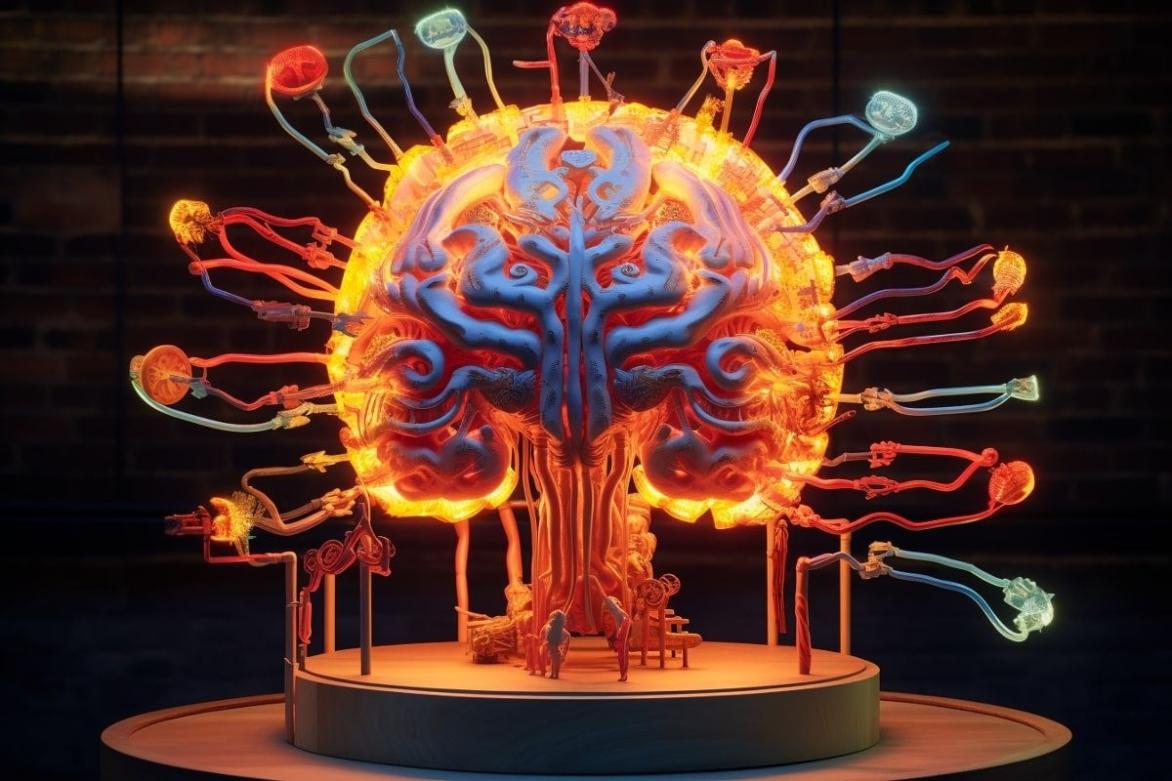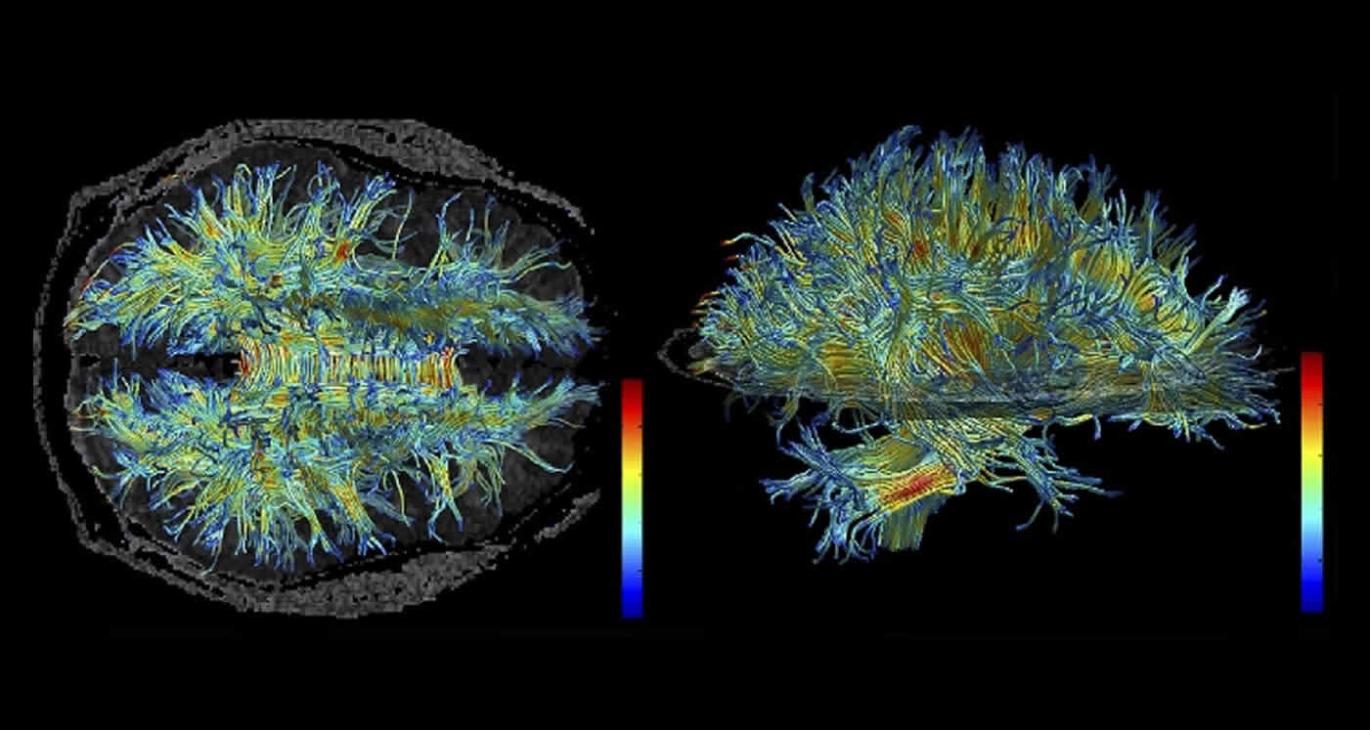How Does the Brain Communicate with the Rest of the Body?
The brain, the control center of the body, communicates with the rest of the body through two primary pathways: the nervous system and the endocrine system. The nervous system is responsible for rapid, direct communication, while the endocrine system is responsible for slower, indirect communication.

The Nervous System
The nervous system consists of two main parts: the central nervous system (CNS) and the peripheral nervous system (PNS).
- The CNS consists of the brain and spinal cord.
- The PNS consists of nerves that extend from the CNS to the rest of the body.
- The CNS is responsible for processing information and sending commands to the rest of the body.
- The PNS is responsible for carrying these commands to the appropriate muscles and organs.
The Endocrine System
The endocrine system consists of glands that secrete hormones into the bloodstream.
- Hormones are chemical messengers that travel through the bloodstream to target cells and tissues throughout the body.
- Hormones regulate a wide range of bodily functions, including growth, metabolism, reproduction, and mood.
How The Brain Communicates With The Rest Of The Body
The brain communicates with the rest of the body through a complex network of neurons, which are specialized cells that transmit electrical and chemical signals.
- Neurons are organized into circuits, which are groups of neurons that work together to perform specific functions.
- When a neuron is stimulated, it sends an electrical signal down its axon, which is a long, thin extension of the neuron.
- When the electrical signal reaches the end of the axon, it triggers the release of neurotransmitters, which are chemical messengers that cross the synapse, which is the gap between two neurons, and bind to receptors on the dendrites of other neurons.
- The binding of neurotransmitters to receptors causes a change in the electrical potential of the neuron, which can either excite or inhibit the neuron.

The brain communicates with the rest of the body through two primary pathways: the nervous system and the endocrine system. The nervous system is responsible for rapid, direct communication, while the endocrine system is responsible for slower, indirect communication. The complex network of neurons and hormones allows the brain to control and coordinate the activities of the entire body.
YesNo

Leave a Reply